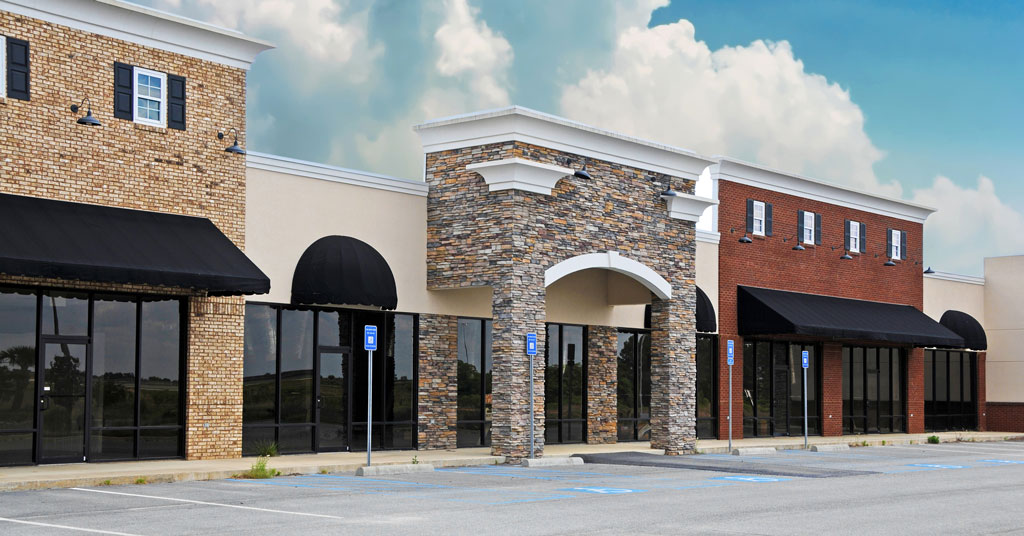Maximizing Your Real Estate Holdings When It's Time To Sell

Operators with a desire to grow their business often must be opportunistic when it comes to expansion. There may be limited growth opportunities in their core market or with the brand they operate, so they look for opportunities to purchase or develop units in new markets, add a new brand, and/or buy real estate. And, when multi-unit operators in multiple markets, or with more than one brand, and who have real estate holdings decide to sell, they will have several things to consider.
Risks of expansion
Before entering a new market or adding a new brand, multi-unit operators must carefully consider all aspects of expansion, particularly operational infrastructure. To ensure consistent quality across the entire organization, operators must have strong processes, procedures, management oversight, and personnel in place. If the operational infrastructure is inadequate to take on new markets or brands, the expanded market or brand may underperform and cause the operator’s core market to suffer. In addition, if existing resources are being disproportionately allocated to the new business venture, the value of the entire business could be negatively affected. Further, franchisors and/or lenders may not support a transaction that has an inadequate team or a stretched infrastructure that will transition upon the sale.
Multi-unit operators who operate across a vast geographic area or who have multiple brands will most likely have more than one buyer upon the sale of their business. In almost every case, it is more streamlined and less expensive to close a transaction with a single buyer. However, if the network is spread across several states and brands with a significant number of units, it may be difficult to identify one purchaser with the capability—and desire—to buy and gain approval to purchase all the units.
In transactions with multiple buyers, one buyer may be ready to close while others may not. This may be a result of attorney delays, lack of available financing, interest-rate risk, or a change of commitment by one party. Sellers must be prepared to continue to operate the units if closing dates are staggered to accommodate different timelines. Delays in closing also increase the risk of purchase price reductions, especially if the financial performance of the units significantly declines.
Real estate options
Owning real estate provides sellers with options and flexibility. Sellers may decide to keep the real estate and sell the operations, sell the real estate and keep the operations, or sell both. All options provide different benefits and risks.
Sellers who decide to maintain their real estate holdings and sell their operations may no longer have the desire to operate the units—particularly in a challenging economic environment with rising operational costs, lack of qualified labor, regulatory constraints, and brand reinvestment requirements. These sellers may require a source of income after the transaction closes, so they become a landlord on the properties they own. The value of the real estate may increase after the operations are sold. If the tenant has a strong credit profile (e.g., a franchisor or large multi-unit franchisee), the value of the real estate will most likely increase.
Sellers have the flexibility of keeping the real estate and receiving rent from the new buyer, or they may decide to liquidate properties over time to mitigate risks. Owning real estate doesn’t come without some level of risk. The value of the real estate is directly tied to the tenant. If the tenant is not operating the business effectively, has other businesses that are underperforming, or is overleveraged, the value of the real estate could be negatively affected, especially if the tenant files for bankruptcy or is forced to close because of noncompliance with brand standards.
Operators who elect to sell some or all of their properties without selling the operations may elect to do so to inject cash into the business. In sale-leaseback transactions, operators may be required to use some of the proceeds to pay down debt. Any excess proceeds can be used to fund working capital needs, toward remodel projects, or for new unit development. These multi-unit owners want to remain in the business but need the liquidity to support it.
Operators who decide to sell their operating business and real estate may prefer to exit a brand entirely if they don’t want to assume any future risks related to the brand. In addition, they may have a certain value they want for the business, and to achieve that they must sell the real estate. Sellers can reinvest the proceeds from the sale into different investments to maximize returns while maintaining diversification.
When it comes time to sell, there are many things multi-unit operators have to consider, particularly when the real estate is owned. However, one thing should be clear: Make sure value is maximized as you only get one chance to sell.
Pat McCauley is a principal with C Squared Advisors, an advisory firm that focuses on multi-unit franchisees and franchisors. He has spent more than 20 years assisting clients in selling and buying units, as well as in raising debt and equity capital to support strategic initiatives. Contact him at 614-787-2576 or [email protected].
Share this Feature
Recommended Reading:
FRANCHISE TOPICS
- Multi-Unit Franchising
- Get Started in Franchising
- Franchise Growth
- Franchise Operations
- Open New Units
- Franchise Leadership
- Franchise Marketing
- Technology
- Franchise Law
- Franchise Awards
- Franchise Rankings
- Franchise Trends
- Franchise Development
- Featured Franchise Stories
FEATURED IN

Multi-Unit Franchisee Magazine: Issue 4, 2023

$300,000
$150,000





 The multi-unit franchise opportunities listed above are not related to or endorsed by Multi-Unit Franchisee or Franchise Update Media Group. We are not engaged in, supporting, or endorsing any specific franchise, business opportunity, company or individual. No statement in this site is to be construed as a recommendation. We encourage prospective franchise buyers to perform extensive due diligence when considering a franchise opportunity.
The multi-unit franchise opportunities listed above are not related to or endorsed by Multi-Unit Franchisee or Franchise Update Media Group. We are not engaged in, supporting, or endorsing any specific franchise, business opportunity, company or individual. No statement in this site is to be construed as a recommendation. We encourage prospective franchise buyers to perform extensive due diligence when considering a franchise opportunity.